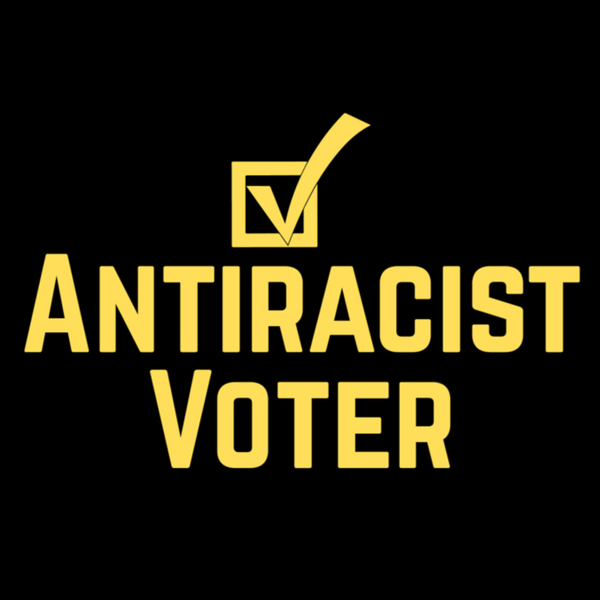
If We Want Better, We Have to Vote for Better, With Alberder Gillespie, Candidate Congressional District MN-04
- S1E6
- 17:33
- August 10th 2020
For Alberder Gillespie, the time is now.
Alberder Gillespie is running for a seat in Congress, representing Minnesota’s 4th Congressional District. She’s been involved with the Democratic–Farmer–Labor (DFL) party for more than 17 years.
“It was my job to get more Democrats elected,” Alberder explains. “I can say now that there are Democrats in the Minnesota Senate, and our two State House Seats. I was involved, so much so, that I was inducted into the DFL Women’s Hall of Fame.”
Alberder’s qualifications include:
- Inductee, Democratic–Farmer–Labor (DFL) Women’s Hall of Fame
- Former Leader, Girl Scouts of America
- Former Family Ministry Coordinator
- Former Board Member, Parent Teacher Association
- Former Member, School Board, South Washington County Schools
- Former Chair, Senate District 53
- Former Chair, Senate District 56
- Former Director, Sixth Congressional District
- Former Member, DFL State Central Committee
- Member, Presidential Advisory Board, University of Minnesota
- Board Member, South Washington Education Foundation
- Commissioner, Minnesota Amateur Sports
- Director, Fourth Congressional District
- Graduate, Purdue University
- Founder of Black Women Rising
- And of course, Candidate, United States House of Representatives, Minnesota
Before the 2016 election, Alberder formed an organization called Black Women Rising. “I’ve been in this party for a long time. We’re always talked about how we could not get diverse voices at the table. That did not mesh with what I was hearing when I was out in communities.”
Alberder spoke with several leaders, including Toni Carter the first Black county commissioner in the state. “I told her that I know there are all these women of color who have all these skills. They want to run.” Carter challenged Alberder to bring these women together.
Alberder gathered thirty women together in her home. “I asked the question, how many of you are considering running for office? About 90% of the hands went up. And then I knew. There needs to be a structure, a way to support, guide, recruit, and train these women so that they can be successful.”
In 2016, Alberder ran for a state-level House office. “People had been asking me to run for years. I like recruiting, training, building capacity, building a farm team, and expanding our base. I’m a strategist.
“I ultimately decided to run, because I didn’t see the change I wanted to see. Because I wasn’t seeing the change, I thought, ‘Maybe I need a seat at the table.’”
“I was being asked before 2016 to run for Congress. But there are the boundaries and lines that are set for us.”
Alberder was not elected in 2016, but she had built a coalition of activated voters who are still engaged today.
She’s running in the primary for a seat currently occupied by Rep. Betty McCollum. Betty has been in office for 20 years. In 2018, she won the primary with 91% of the vote, and the general election with 66% of the vote. So, why run against the incumbent?
“My decision to run for office is not about Betty. I’m running for something. What pushed me to run in today is the same thing that pushed me to run in 2016. But, it’s more urgent today.
“Because I’m on the inside of all of this, I can see the policies that are not being promoted. I can see the impact on the community when we ignore their issues.
“For me, what we saw in May with the murder of George Floyd, that was not new to me.”
Learn more about Alberder Gillespie:
- Alberder Gillespie Campaign Website: https://www.gillespieforcongress.com/
- Facebook: https://www.facebook.com/Alberder4MN/
- Twitter: https://twitter.com/ForGillespie
- Black Women Rising: https://www.blackwomenrising.net/
Antiracist Voter
The murder of George Floyd created a moment of reflection and rededication to racial equality. But moments are ephemeral. Americans have a notoriously short attention span.
How do we maintain momentum so that the moment becomes a movement?
How do we translate the demands of protests into the domain of policy?
Antiracist ideas are activated in antiracist policy, especially in local elections.
We focus on criminal justice, economic justice, environmental justice, education, housing, health, immigration, and voting rights. We talk about problems, but we don’t stop there. We talk about solutions. Who is getting it right?